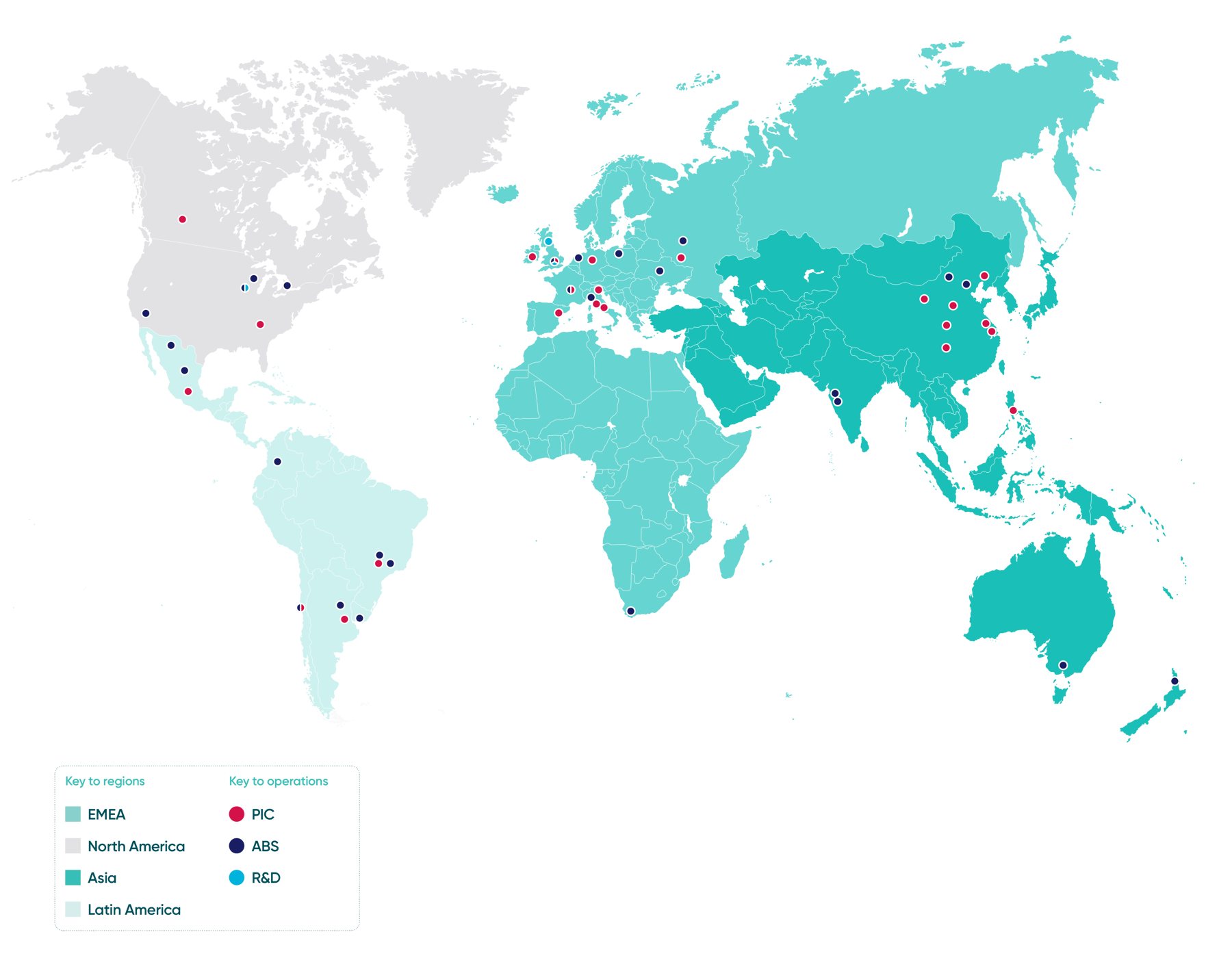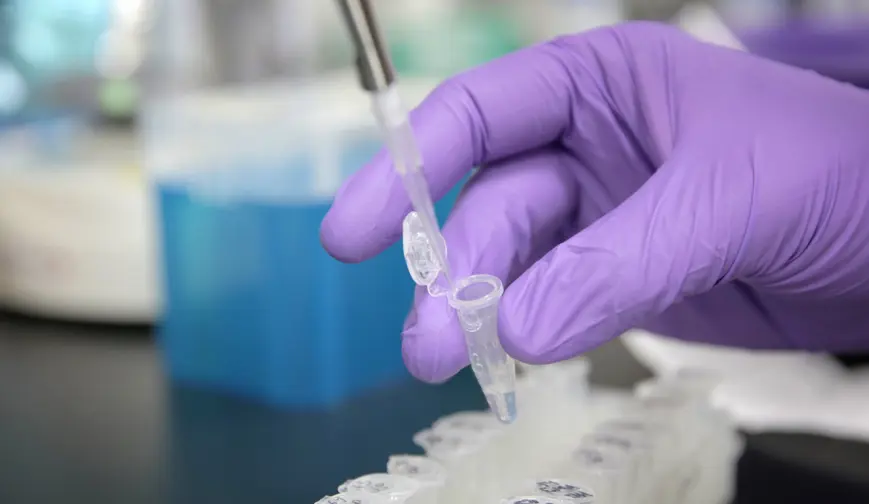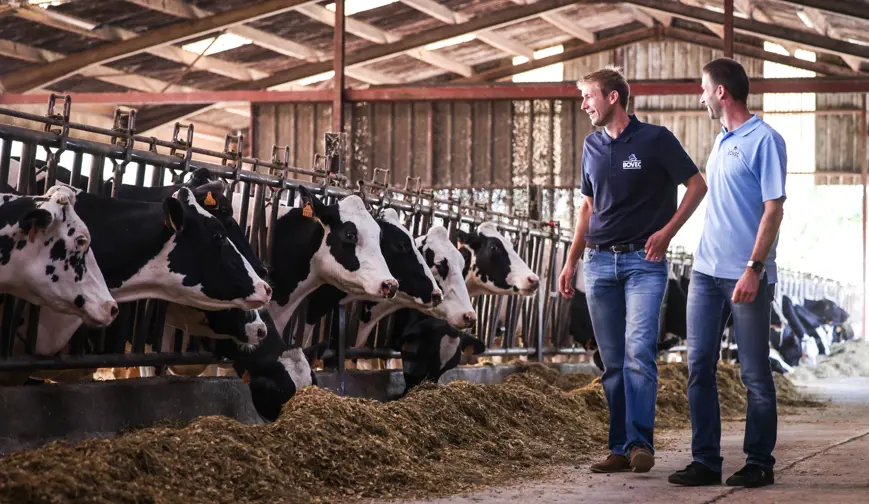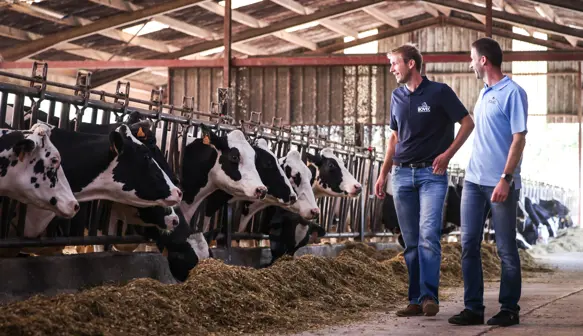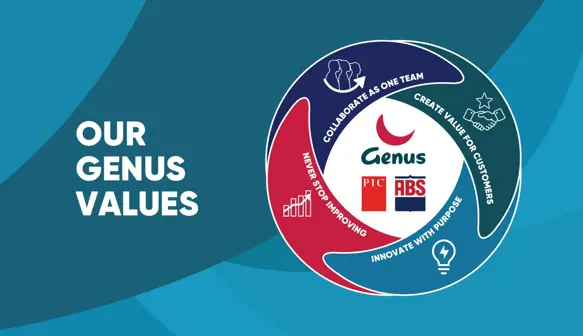How we do it
We use a process called genomic selection to drive continuous genetic improvement in our elite animal herds. We analyse each animal’s DNA to identify the presence (or absence) of specific genetic markers that are known to be linked to certain characteristics. By aggregating the presence (or absence) of these markers in an animal’s genome, we can calculate an Estimated Breeding Value (“EBV”) for each individual. The higher the EBV, the greater the genetic potential of the individual. We then iteratively improve our herds by breeding together those individuals with the highest EBV scores.
In addition to genomic selection, we develop proprietary technologies that accelerate genetic gain and/or deliver other value-added services or products to farmers. A good example is our sexing technology, which enables semen to be sorted into female sex (valued by the dairy industry) and male sex (valued by the beef industry).
Our customers access our genetics through the provision of live animals, semen or embryos. We apply our technological solutions prior to sale or license them to customers for their own use.


